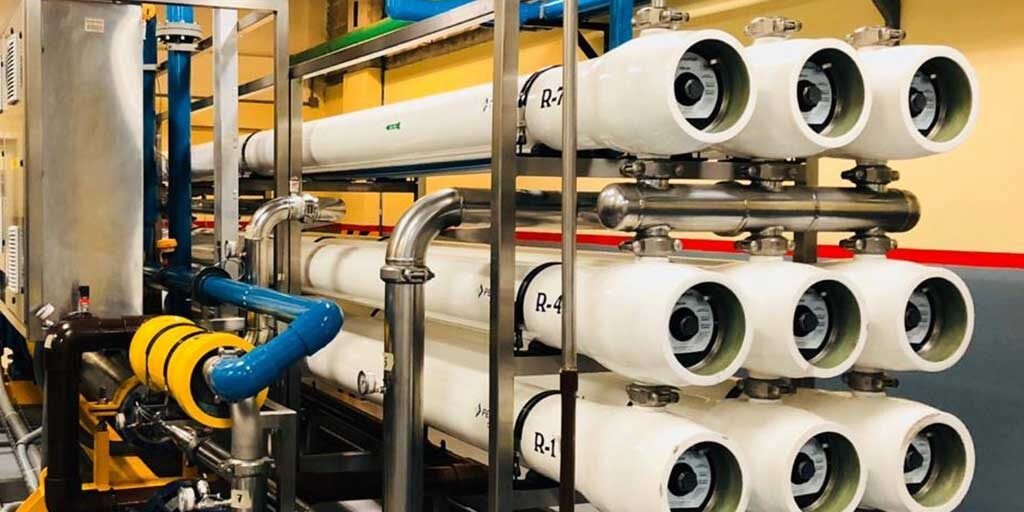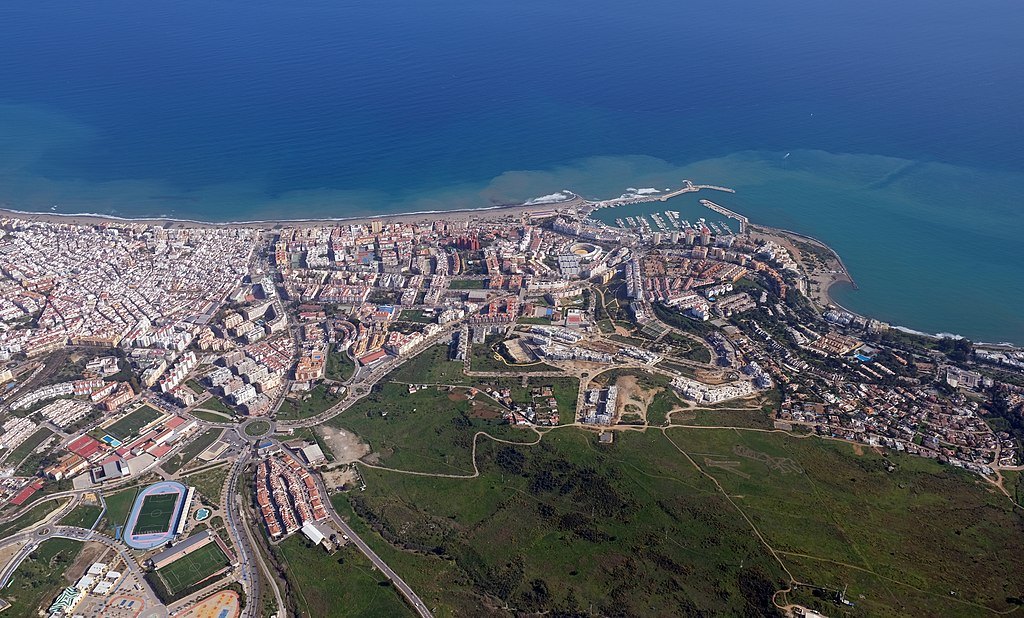The Junta de Andalucía and the Provincial Council of Málaga have signed a protocol that contemplates various actions to improve water security in the province. These include the construction of facilities for the treatment of brackish water in Fuengirola and Guadalmansa (Estepona), and a portable desalination plant in Axarquía.
The interconnection between the provinces of Málaga and Cádiz is also planned with the activation of the 'water highway' between the Costa del Sol and Guadiaro, which allows the transfer of water in both directions according to the needs of each area.
The reinforcement of the Axarquía treatment plants to implement tertiary treatment, which will allow irrigation with recycled water, is another of the actions included in the water protocol.
Another objective is to take advantage of brackish groundwater, helping municipalities to build wells, implementing special treatment, as well as putting into operation and reconditioning disused wells.
The protocol has been signed by the president of the Malaga Provincial Council, Francisco Salado, and the Minister of Water and Rural Development of the Government of Andalusia, Carmen Crespo.
A few weeks ago, the Estepona's city council presented its own plan to fight the drought, presenting its project for the desalination plant that has now been supported and confirmed by the Andalusian government.
The mayor, José María García Urbano, has presented the project on which they have been working for a year to guarantee self-sufficiency of water.
The Western Costa del Sol survived the summer in better hydrological conditions than the Axarquía, at the eastern end of the Malaga coast. However, with the autumn already established, the long-awaited rains have not arrived and the situation has become complicated, which has led the Andalusian Government to also declare this territory in a serious and exceptional drought situation.
Restrictions on the supply for certain tasks, prohibition of filling swimming pools, watering gardens or cuts in fountains and public showers are some of the common measures that town councils have set with the aim of achieving 20% water savings, a figure which is estimated to be necessary to guarantee supply next summer.

Guarantee self-sufficiency against the drought
Given the situation, the mayor of Estepona, one of the main cities in the region, José María García Urbano, has decided to take a step forward, announcing that the city council already has the project and has the necessary financing to build a desalination plant. that guarantees the self-sufficiency of the population.
Now, the council is waiting for the relevant authorizations from the supra-municipal administrations, essential to be able to build this desalination plant. "We have been working on this project all year, which is the priority for the city right now," says García Urbano.
A "collaborative" proposal with other administrations and "in solidarity" with the surrounding municipalities, since, according to the mayor, they would also benefit from it. "I encourage you to join this initiative to generate a network of desalination plants that guarantee water resources in the face of the lack of rainfall," he adds.
Reduce cost and time
The Estepona project consists, initially, of the construction of a containerized desalination plant, that is, a water treatment plant that reduces costs and implementation time by consisting of prefabricated modules. So, in a short period of months we could have this infrastructure, which could be operational next summer, if the necessary authorizations are available. In addition, it will be powered by photovoltaic panels that will allow practical energy self-sufficiency to be achieved throughout the water treatment process.
In detail, the basic project includes the collection and discharge facilities, and on the other hand, the construction of a desalination plant in Estepona, on a municipal plot of 53,442 square meters.
The project, which is planned to be developed facing the sea, next to the Castor's river mouth, contemplates an original production of 20,000 m3/day, expandable in the future to 30,000 m3/day. For this, two 10,000m3 modules will be installed, expandable with a third.
The initiative maintains the criterion of using the reverse osmosis desalination process. The quality of treated output water, taking into account that the destination will be supply, will comply with the limits set in RD03/2023 on Quality of Water intended for Supply.
The creation of this infrastructure is part of the Estepona Supply Master Plan, where the City Council has been working on other measures, such as those related to the supply system and provision of services to citizens and which has projects such as the expansion underway of the drinking water storage capacity of the Las Mesas reservoir, which is already completed and which will provide the city with greater water independence, having generated the largest water reservoir the city has with a new facility that has multiplied by 15 the capacity of the old existing warehouse.
Estepona, more than 137 kilometers long, has a census population of almost 75,000 people, a figure that skyrockets in the summer season, since the city is one of the most visited destinations in the province. The city has an important hotel industry and for more than a decade it has been known as the garden of the Costa del Sol for the numerous plants and flowers that adorn its historic center.
